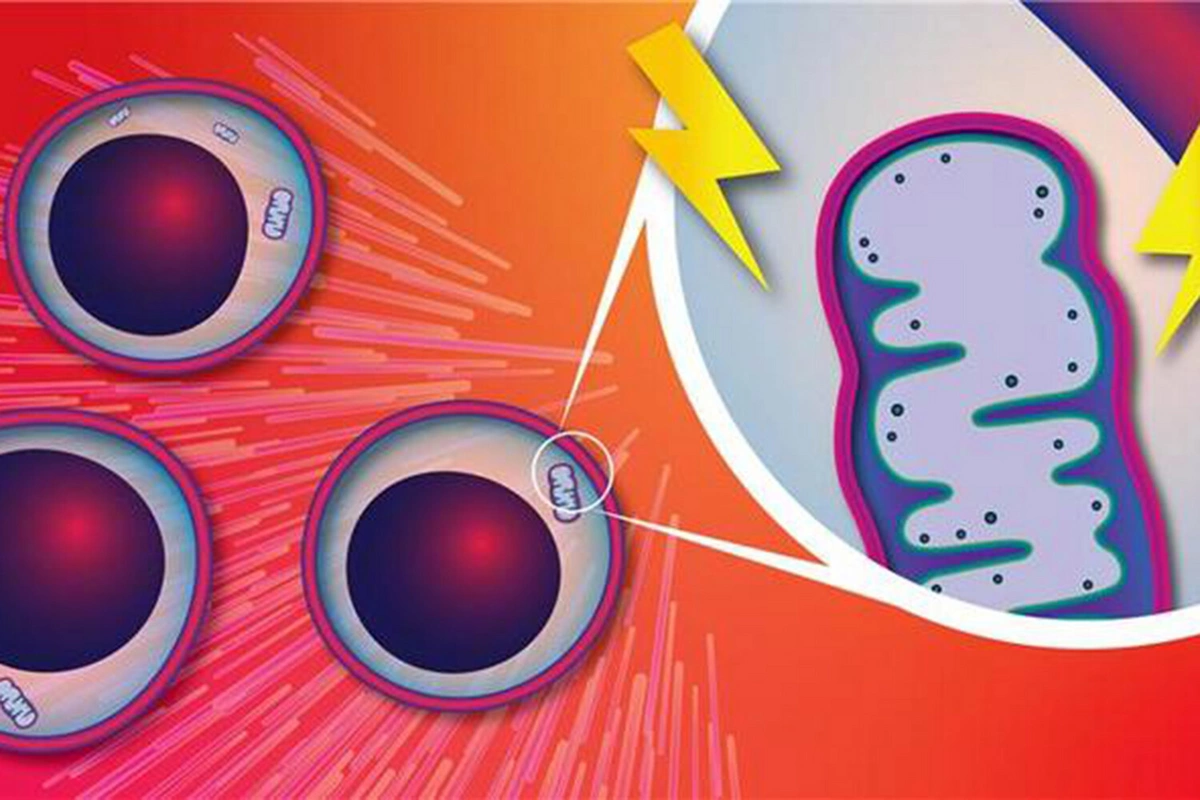Scientists have found a way to stop dangerous blood mutations associated with aging

With age, genetic mutations accumulate in hematopoietic stem cells. Some of these mutations give cells a growth advantage, but this can lead to serious diseases. Scientists from the Jackson Laboratory in the USA have discovered a mechanism that triggers this uncontrolled proliferation and found a way to stop it. The work is published in the journal Nature Communications (NatCom).
The team led by Professor Jennifer Trowbridge found that one of the most common age-related mutations - in the Dnmt3a gene - enhances the function of mitochondria, the cell's power plants. This makes the mutated blood stem cells more "resilient" and allows them to actively multiply, displacing normal cells. This process increases the risk of cardiovascular diseases, diabetes, and blood cancer.
"This discovery gives us a new understanding of how blood stem cells change with age and why this can lead to disease," noted Trowbridge. - "But most importantly, we found a point that can be 'hit' to stop the growth of dangerous cells."
The scientists used special substances that disrupt mitochondrial function. Among them - MitoQ, d-TPP, as well as the well-known drug metformin, which is usually prescribed for diabetes. These agents "turned off" the energy supply of the mutated cells, and almost half of them died within a few days. Normal cells were not affected.
The results were confirmed not only in mice but also in human cells in which the mutation was artificially induced. This gives hope that in the future there will be drugs that can prevent the development of diseases associated with age-related changes in the blood.
Similar News
Named a popular supplement that improves women's health
Creatine - one of the most popular sports supplements, traditionally associated with muscle mass gain and strength increase. However, new research shows that it...




 Azərbaycanca
Azərbaycanca  По-русски
По-русски  English
English 





